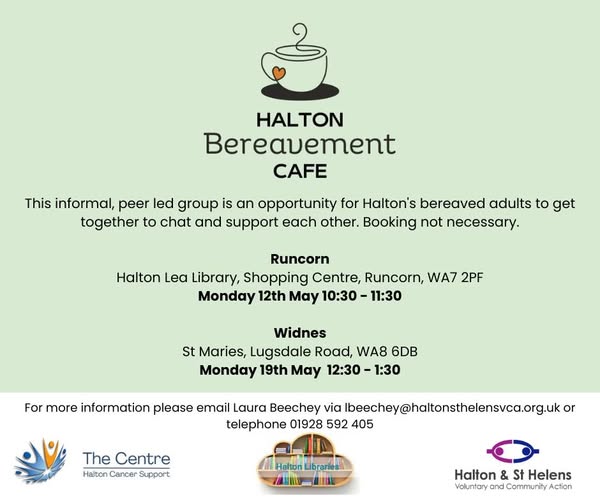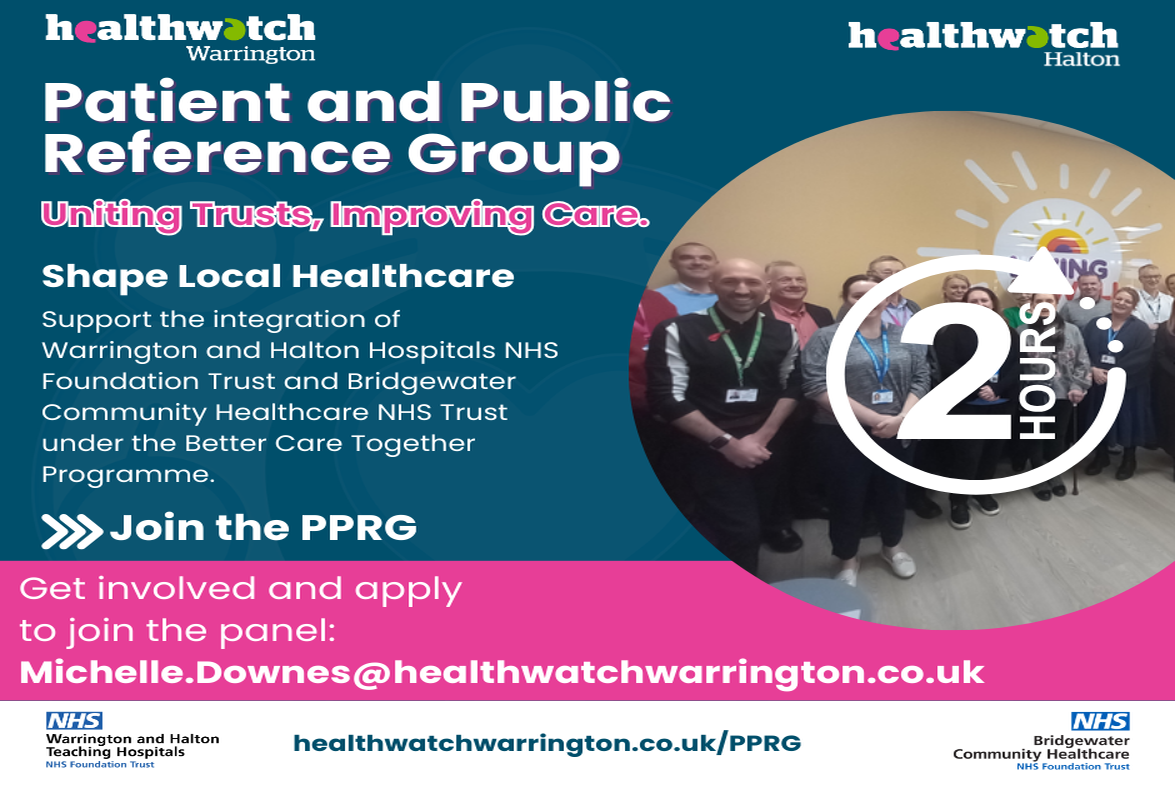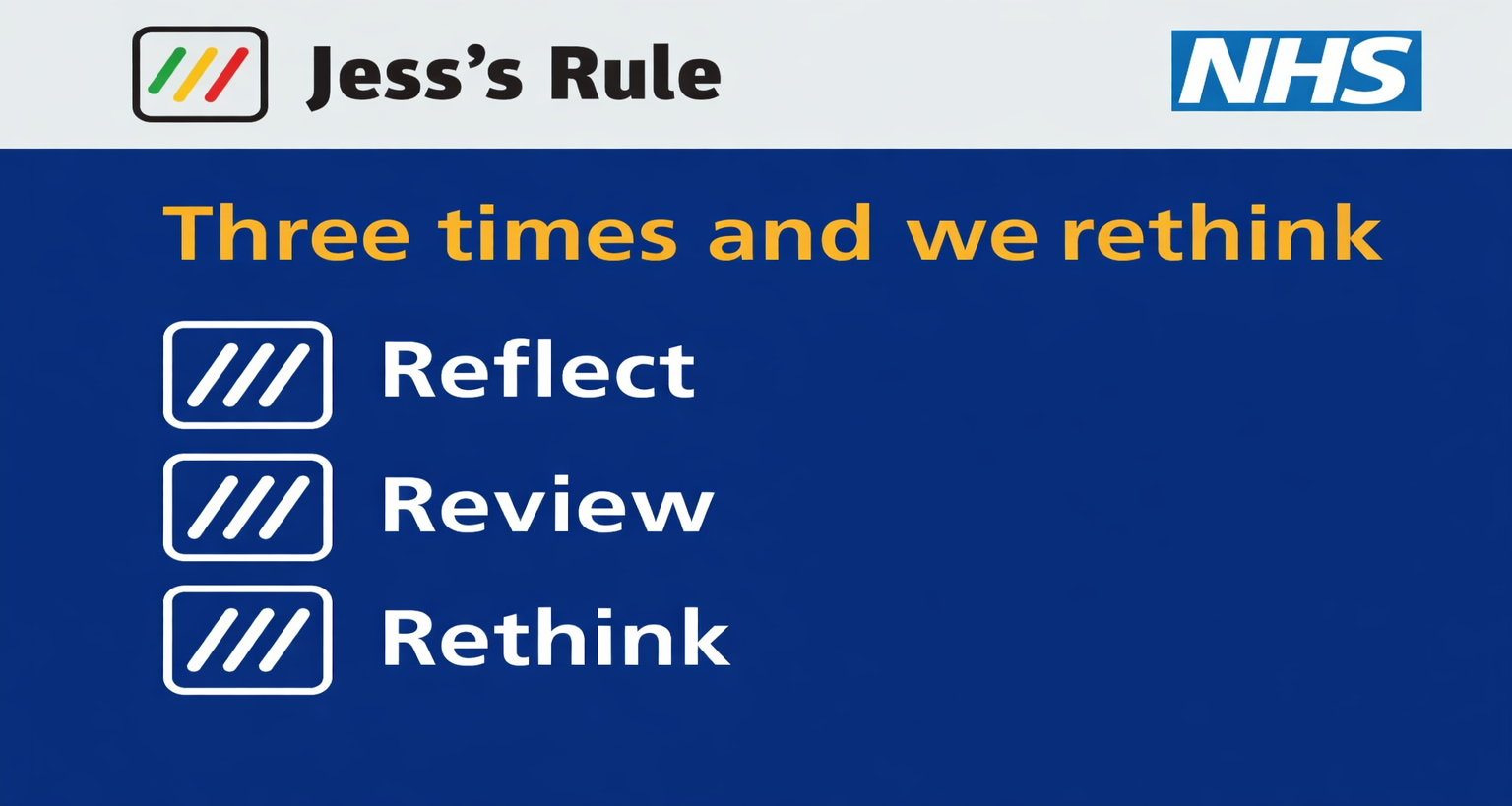Dying Matters Week 2025
To this day, that’s still applicable to much of the UK. But do we all have the same attitudes, views and practices on death and dying?

There are of course, many differences in the ways that cultures and faiths approach and mark death and dying. But at their core, feelings about dying, and our experiences of grief, are universal emotions that we all share, no matter who we are or where we live.
While a friend or family member’s death can affect every person differently, studies of grieving brains have shown that there are no scientific differences in relation to race, age or religion. We can all feel the impact of the loss, helplessness, sadness – but we may do it, and show it, in different ways.
We may all talk about death and dying in a multitude of ways, but we share a common thread.
This Dying Matters Awareness Week, we’re focusing on how different communities and cultures in the UK feel, talk about, and deal with death and dying – and what brings them together.
Because the Culture of Dying Matters.
Bereavement support
Most people experience grief when they lose someone important to them. If these feelings are affecting your life, there are things you can try that may help.
- try talking about your feelings to a friend, family member, health professional or counsellor – you could also contact a bereavement support organisation such as Cruse or call: 0808 808 1677
- if you're struggling to sleep, get sleep tips from Every Mind Matters
- consider peer support, where people use their experiences to help each other. Find out more about peer support on the Mind website
- listen to free mental wellbeing audio guides
- try the 6 ways to feel happier, which are simple lifestyle changes to help you feel more in control and able to cope
Halton Bereavement café
A safe and welcoming space for you to meet others, share your experiences. For more information please email Laura Beechey at: Ibeechey@haltonsthelensvca.org.uk or 01928 592 405.



